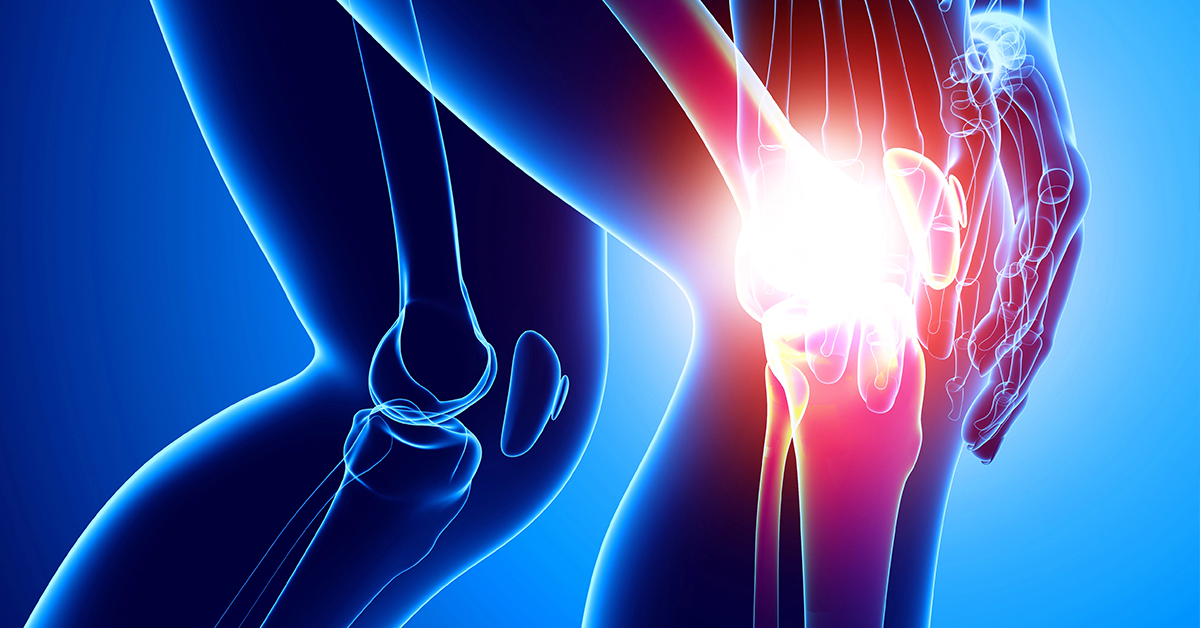
Knee pain is a common ailment that many people experience at some point in their lives. While some knee pain can be minor and temporary, there are certain instances when it should not be ignored. Understanding when to seek medical attention for knee pain can prevent further injury, promote faster healing, and improve your overall quality of life.
1. Severe or Persistent Pain
One of the most significant indicators that knee pain should not be ignored is when the pain is severe or persistent. If you experience intense pain that does not improve with rest, ice, or over-the-counter pain medications, it could be a sign of a more serious condition, such as a ligament tear, meniscus injury, or fracture. Persistent pain that lasts for several weeks or more also warrants a visit to a healthcare professional to rule out chronic conditions like osteoarthritis or rheumatoid arthritis.
2. Swelling and Redness
Swelling and redness around the knee joint can indicate inflammation or infection. If your knee is visibly swollen, feels warm to the touch, or has redness, it is essential to seek medical attention. Conditions like septic arthritis, which is an infection in the joint, require prompt treatment to prevent joint damage and other complications.
3. Instability or Giving Way
Feeling like your knee is unstable or giving way when you put weight on it can be a sign of ligament damage, such as an ACL tear. Knee instability can increase the risk of falls and further injury. If you experience this sensation, it is important to consult a healthcare professional for an accurate diagnosis and appropriate treatment plan.
4. Inability to Bear Weight
If you are unable to bear weight on your knee without significant pain, this could indicate a serious injury such as a fracture or severe ligament tear. In such cases, it is crucial to seek immediate medical attention to avoid further damage and to begin appropriate treatment.
5. Locking or Catching Sensations
Experiencing locking or catching sensations in your knee can be a sign of a meniscus tear or loose body within the joint. This can cause pain and limit your range of motion. If your knee feels like it is getting stuck or locking up, it is important to have it evaluated by a healthcare professional.
6. Deformity or Abnormal Appearance
Any noticeable deformity or abnormal appearance of the knee should not be ignored. This could be a sign of a dislocation, fracture, or severe ligament injury. Prompt medical evaluation is necessary to properly diagnose and treat the issue.
7. Pain Associated with Fever or Other Systemic Symptoms
Knee pain accompanied by fever, chills, or other systemic symptoms can indicate an infection or inflammatory condition. Septic arthritis, for example, can cause fever and requires immediate medical intervention. If you experience these symptoms along with knee pain, seek medical attention promptly.
8. Previous Knee Injury
If you have a history of knee injuries and start experiencing new or worsening pain, it is important not to ignore it. Previous injuries can predispose you to recurrent issues or degenerative conditions like osteoarthritis. Consulting with a healthcare professional can help manage and prevent further complications.
Knee pain should not be ignored when it is severe, persistent, or accompanied by other concerning symptoms. Recognizing these warning signs and seeking timely medical attention can prevent further damage, promote effective treatment, and improve your quality of life. If you are ever in doubt about the severity of your knee pain, it is always best to consult with a healthcare professional for an accurate diagnosis and appropriate treatment plan. Taking proactive steps can ensure your knee health and overall well-being.
 Knee pain is a common ailment that many people experience at some point in their lives. While some knee pain can be minor and temporary, there are certain instances when it should not be ignored. Understanding when to seek medical attention for knee pain can prevent further injury, promote faster healing, and improve your overall quality of life.
Knee pain is a common ailment that many people experience at some point in their lives. While some knee pain can be minor and temporary, there are certain instances when it should not be ignored. Understanding when to seek medical attention for knee pain can prevent further injury, promote faster healing, and improve your overall quality of life.
 Knee pain is a common ailment that many people experience at some point in their lives. While some knee pain can be minor and temporary, there are certain instances when it should not be ignored. Understanding when to seek medical attention for knee pain can prevent further injury, promote faster healing, and improve your overall quality of life.
Knee pain is a common ailment that many people experience at some point in their lives. While some knee pain can be minor and temporary, there are certain instances when it should not be ignored. Understanding when to seek medical attention for knee pain can prevent further injury, promote faster healing, and improve your overall quality of life.

